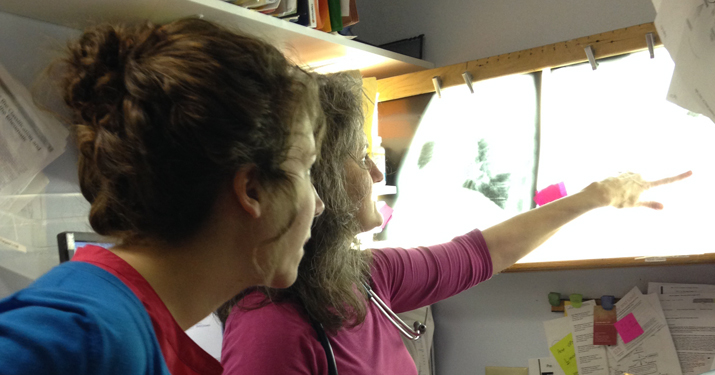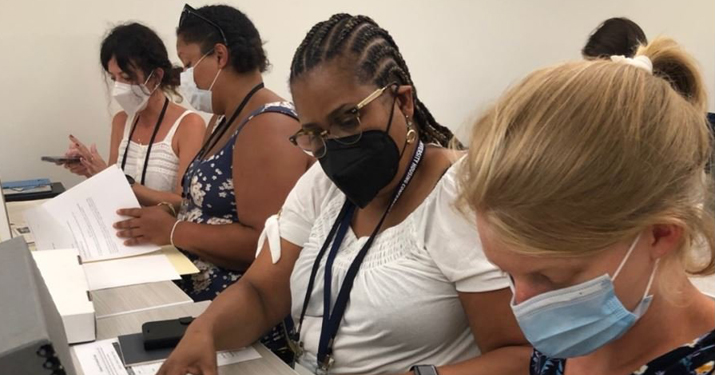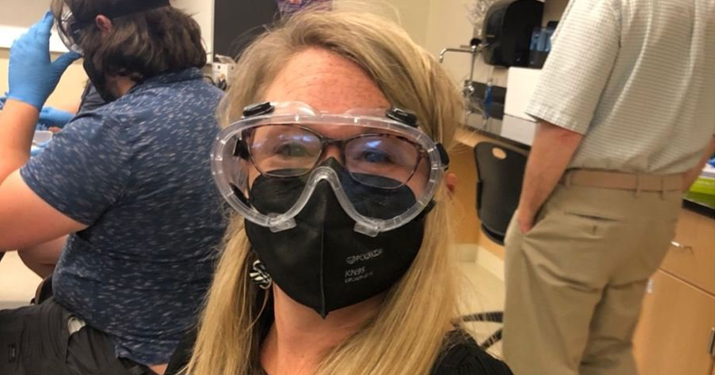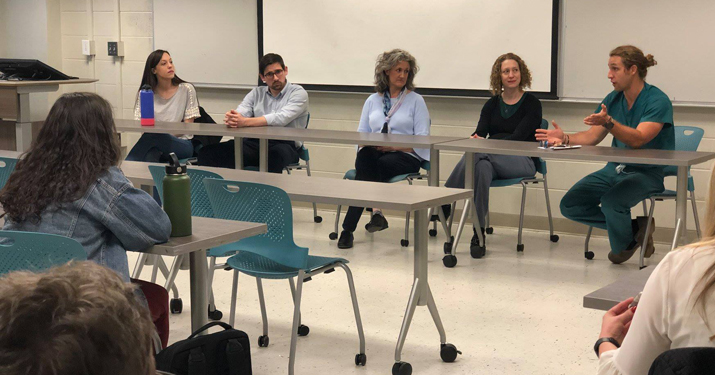Medical Humanities Program
Casey Kayser, Program Director
Kimpel Hall 707
University of Arkansas
Fayetteville, AR 72701
P 479-575-2512
E-mail: ckayser@uark.edu
Medical Humanities
The medical humanities minor is designed to give students an overview of the ways in which various disciplines in the humanities inform, intersect with, and apply to understandings of the medical arts and sciences. The medical humanities minor is beneficial for students preparing for careers in health care, social services, and health-related fields, especially those who wish to understand how cultural, social, ethical, religious, literary, artistic, and other such perspectives can enrich conceptualizations and approaches to patient care.
Approaching medicine from a humanistic perspective will help future health care and social service practitioners view patients and individuals with greater empathy and awareness, as well as provide them with the tools to critically analyze their own experiences. The minor is also appropriate for students from disciplines within the humanities and social sciences interested in researching and practicing in such areas related to the historical, social, and cultural dynamics that have informed medical institutions and treatment; patient advocacy; medical law and ethics; narrative medicine; and art, music, or narrative therapies.



